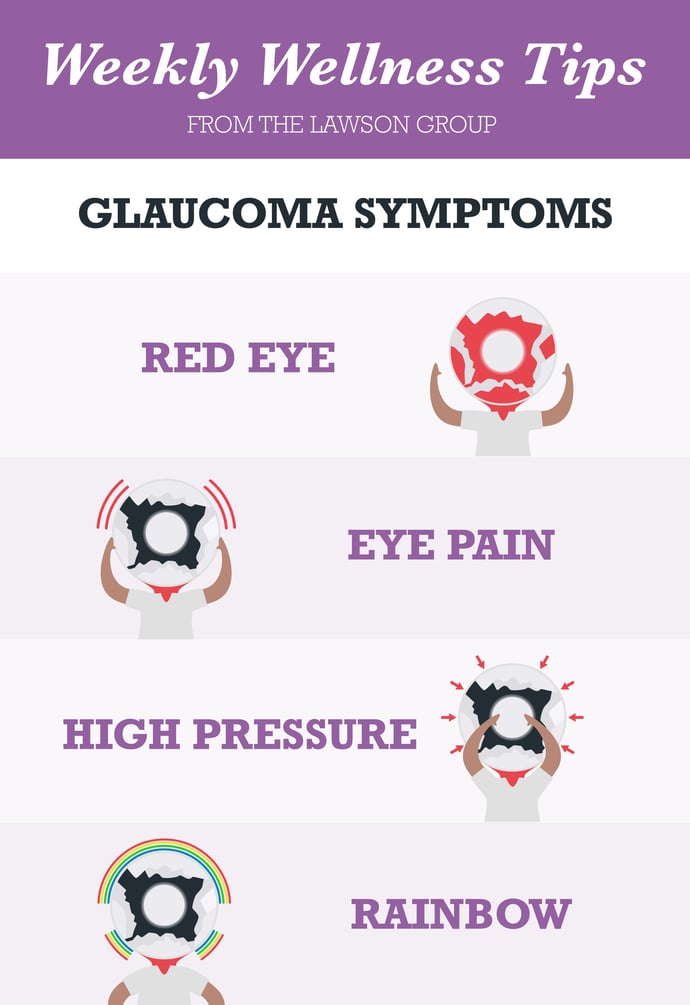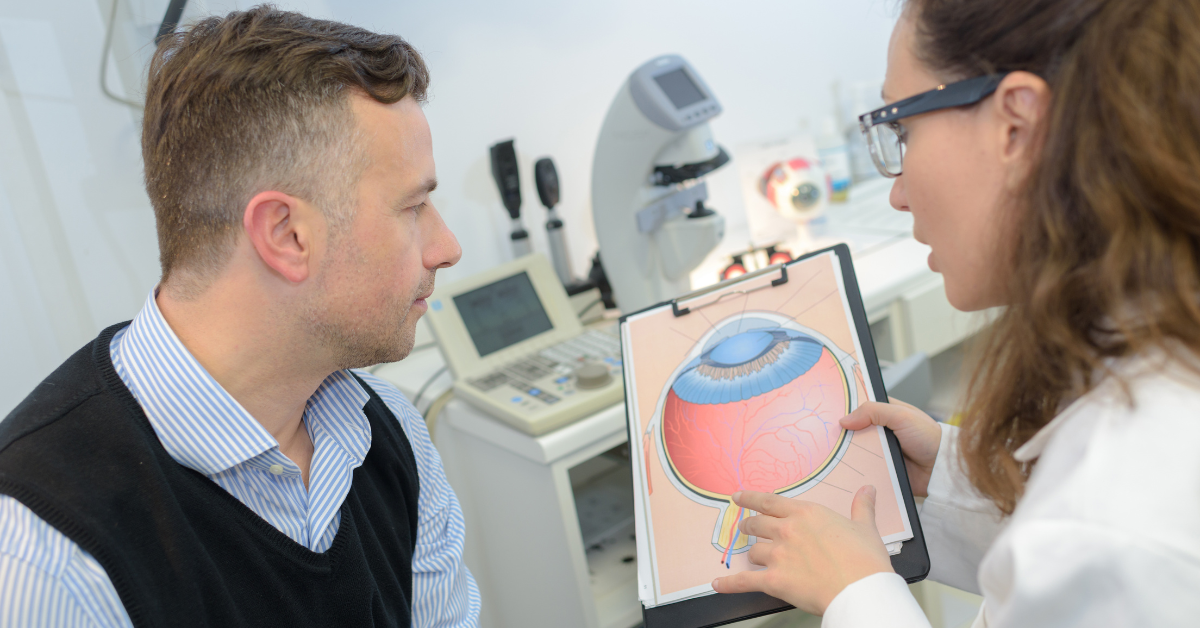Glaucoma refers to a group of eye conditions that can result in blindness if left untreated. It's characterized by damage to the optic nerve that has been caused by pressure to the optic nerve.
Reducing pressure on the optic nerve is the only proven glaucoma therapy. According to a 2022 study from the University of Montreal, many diagnosed with glaucoma continue to lose vision even after undergoing treatment. Therefore, it's important to make everyday efforts to preserve and improve your eye health by lowering eye pressure.
For a printer-friendly version of this article, click here.
Improve Your Eye Health & Reduce the Progression of Glaucoma
As surprising as it may sound the same lifestyle changes that lower blood pressure typically also work to lower your eye pressure, thereby helping to prevent and even treat glaucoma.
Here are some tips to help improve overall ocular health.
Monitor Insulin Levels
Those with Type 1 or Type 2 Diabetes monitor their insulin levels to meet glucose targets and avoid health complications that can be brought on by blood sugar that's too high or too low. They are also twice as likely to develop retinopathy, or damage to the blood vessels in the retina.
As your insulin levels rise, it causes your blood pressure, and possibly also your eye pressure, to increase. For that reason, more individuals would benefit from keeping an eye on their sugar intake to keep their insulin levels in a healthy range. This can be as simple as leveraging a nutrition app.
Exercise Regularly
Physical activity has countless benefits, including lowering the body's blood sugar. According to the Glaucoma Research Foundation, regular aerobic exercise was also found to lower eye pressure and improve blood flow to the retina and optic nerve.
It doesn't have to be complicated, just taking a walk, a bike ride, or a couple of laps up and down the stairs—anything to get that heart rate up—is enough to make a lasting difference in your life.
Use the Right Combination of Supplements
Omega-3. Lutein. Zeaxanthin. If you've been diagnosed with glaucoma or have a higher risk of developing it, consult with your doctor to determine whether adding these supplements to your diet could be beneficial.
A type of omega-3 fat called DHA may help protect and promote healthy retinal function. DHA is concentrated in your eye's retina and has been found to be particularly useful in preventing macular degeneration, the leading cause of blindness.
Lutein, a carotenoid found in particularly large quantities in green, leafy vegetables, acts as an antioxidant, protecting cells from free radical damage. Some excellent sources include kale, collard greens, spinach, broccoli, brussels sprouts, and egg yolks.
Avoid "Trigger" Foods for Glaucoma
Intraocular pressure (IOP) in glaucoma patients can be reduced by making smarter dietary choices by avoiding certain food groups.
Trans fatty acids, for example, can increase cholesterol and damage blood vessels. They can also interfere with omega-3 fats in the body.
A diet high in saturated fats can cause weight gain, which can cause the same outcome. Simple carbohydrates can elevate insulin and raise both blood pressure and IOP.
Those with diets high in caffeine and refined sugars can also worsen the symptoms of glaucoma.
Eat Dark-Colored Berries
Bilberries, also known as the European blueberry, are known to prevent and even reverse macular degeneration.
Bioflavonoids from other dark-colored berries including blueberries and cranberries will also be beneficial. They work by strengthening the capillaries that carry nutrients to eye muscles and nerves.








